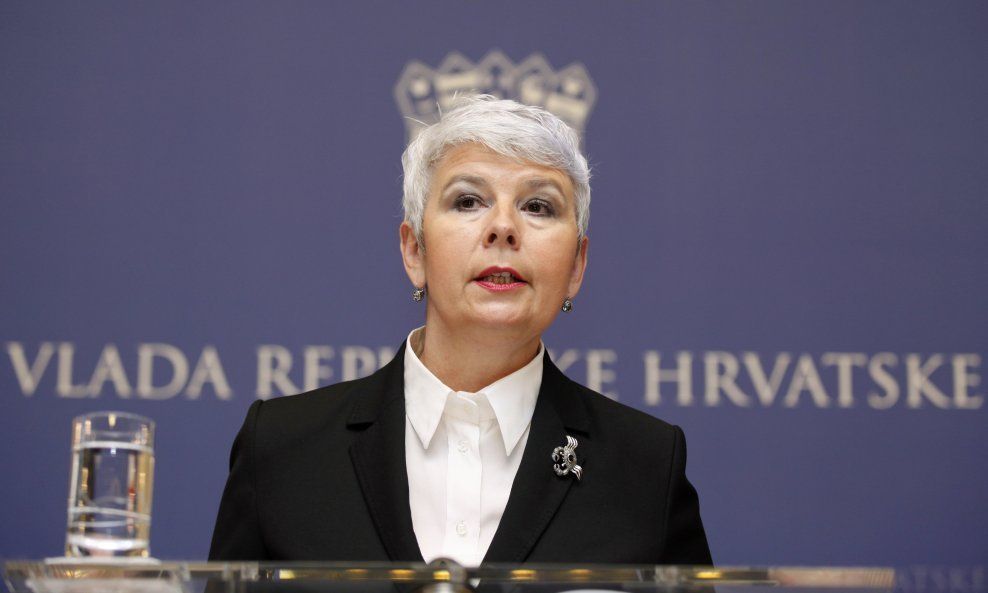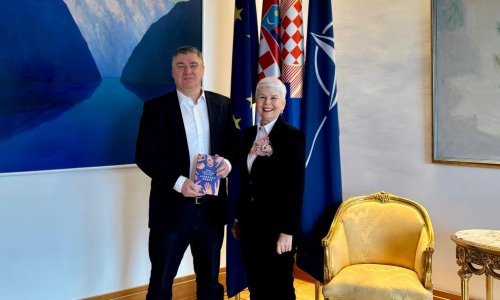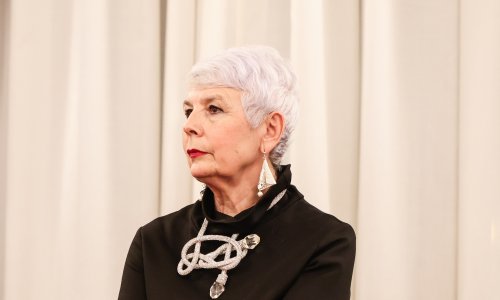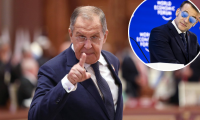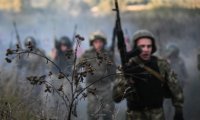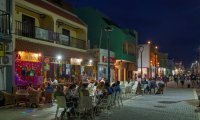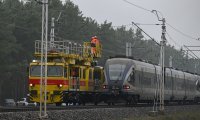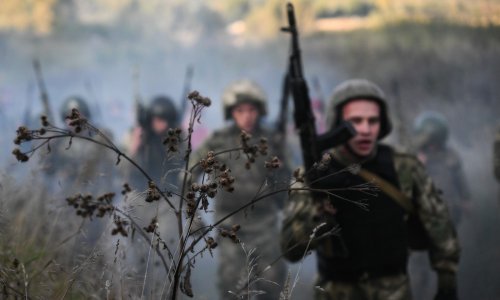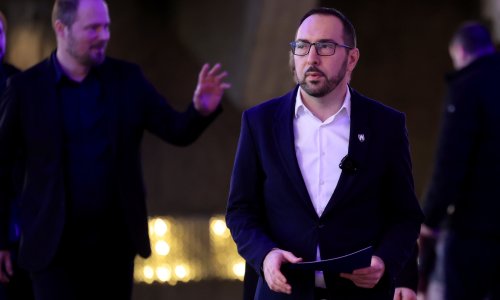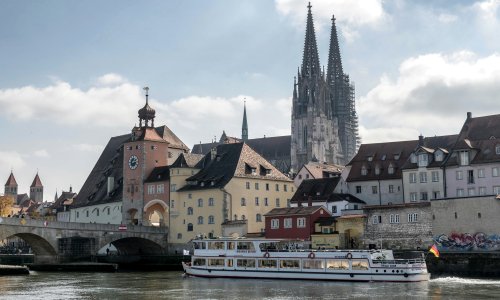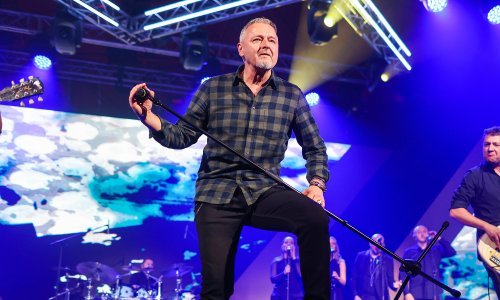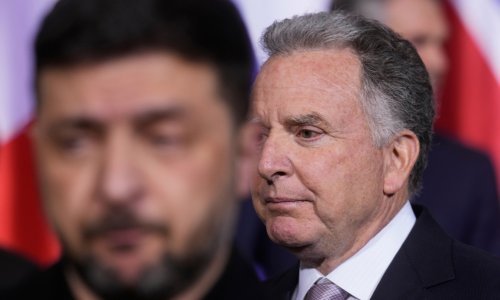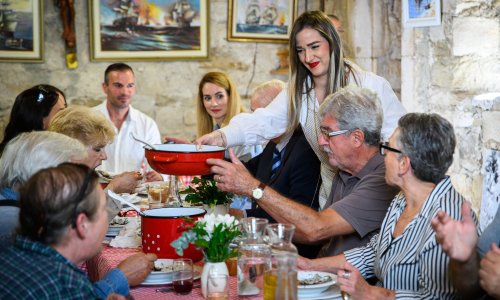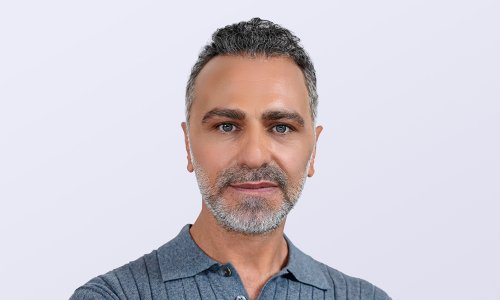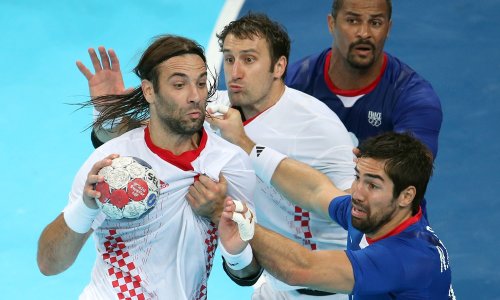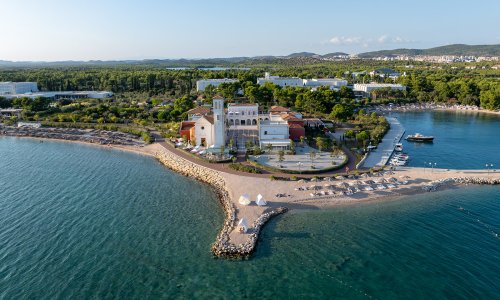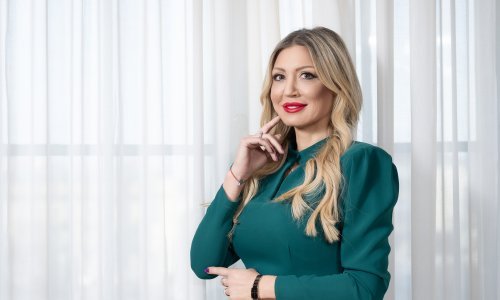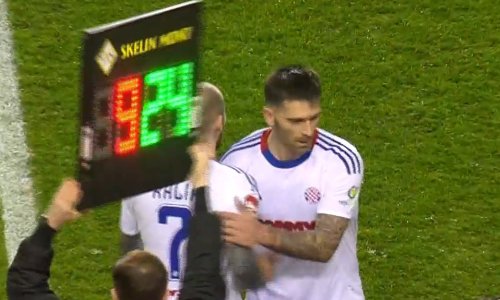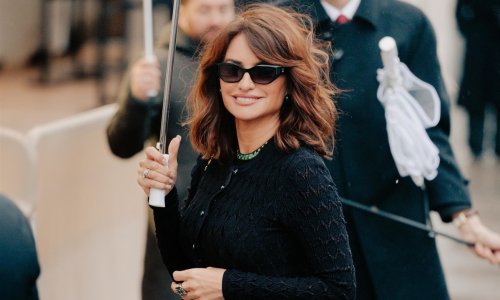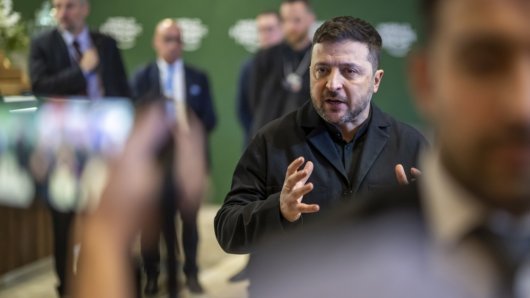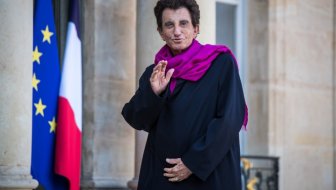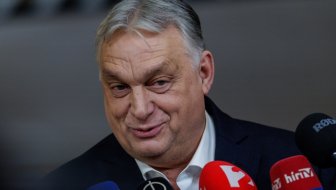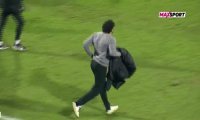Prime Minister Jadranka Kosor said in an interview with the public television network HTV on Saturday evening that parliamentary elections should be held after the completion of accession negotiations with the European Union, or by the end of the year.
When asked if the elections would take place in November or December, Kosor said that they would be held in line with the Constitution.
On the subject of a referendum on EU entry, the Prime Minister said that the completion of negotiations would be followed by the signing of an accession treaty, after which the referendum would be called within 30 days. She stressed that it would be good if the parliamentary elections were separated from the EU accession process.
Kosor said she would respond to the invitation to address Parliament and those MPs who recognise her as prime minister at the helm of a government that enjoys full legitimacy. She added that Zoran Milanovic, the leader of the strongest opposition party, the Social Democratic Party (SDP), did not think she had such legitimacy.
"I think the whole struggle on the political scene, which is legitimate, has gone beyond certain limits and what we have today is certainly the consequence of an atmosphere of hatred that has been coming in recent months first and foremost from the SDP," Kosor said, citing SDP MPs Zeljko Jovanovic and Slavko Linic.
Kosor said that the SDP was trying all along to use the crackdown on corruption, which was launched by her party, the Croatian Democratic Union (HDZ), to criminalise the ruling party.
"The HDZ has opened the most painful and most difficult issues for itself, but it has also shown that it has the courage because that is important for Croatia. The SDP succeeded in its intention to portray as a criminal organisation a party that is fighting corruption and those who abused their powers," the Prime Minister said.
Responding to the remark by the TV host that among those suspected or accused of corruption were high-level figures, including a former prime minister, Kosor said that "it is hard to carry that load", but added that she was sure that the public would realise that the government was going all the way to resolve that problem.
Speaking of recent talks with President Josipovic, who acted as some sort of a mediator between the opposition and the governing coalition, Kosor said that it was good to discuss things and that both personally and in her capacity as Prime Minister she always insisted on discussing major issues of state affairs, because a solution could only be found through dialogue.
When asked if the President remained neutral with regard to the opposition's demand that she immediately announce an election date, Kosor said that it would have been better if in his statements the President had not put the HDZ on one side and all the other parties on the other. She said that the HDZ and the opposition were actually speaking of the same thing when the opposition insisted that elections be held in autumn and the HDZ by the end of the year.
"We are continuing discussions on this issue first within the largest party of the ruling coalition and then within the coalition itself," Kosor said.
When asked if she thought that the President was acting within his powers, Kosor said: "We all must strictly adhere to constitutional provisions and we will insist on it. Croatia is a parliamentary democracy and not a semi-presidential system."
Commenting on anti-government street protests throughout the country, Kosor said that the government was aware that the situation was not simple, but added that she thought the government had a chance of achieving both economic recovery and other goals this year.
Speaking of the government's efforts to reverse negative economic trends, Kosor said she expected the results of government projects to be visible by the middle of the year, noting that already now there were indications of the unemployment rate decelerating.
When asked if the government had a fallback plan in case EU accession negotiations were not closed by June 21, Kosor said that they would do all they could to meet the requirements set by the European Commission. "I think we can do it, but that does not depend on the government only. The opposition believes that they can come to power on the wave of protests. They want the government to step down immediately, which would mean a break in negotiations (with the EU). It would be fair if opposition leaders said something about it in public."
Commenting on a plan by war veterans to form a political party, Kosor said it would be good if they all had an umbrella organisation because their interests were generally the same.



